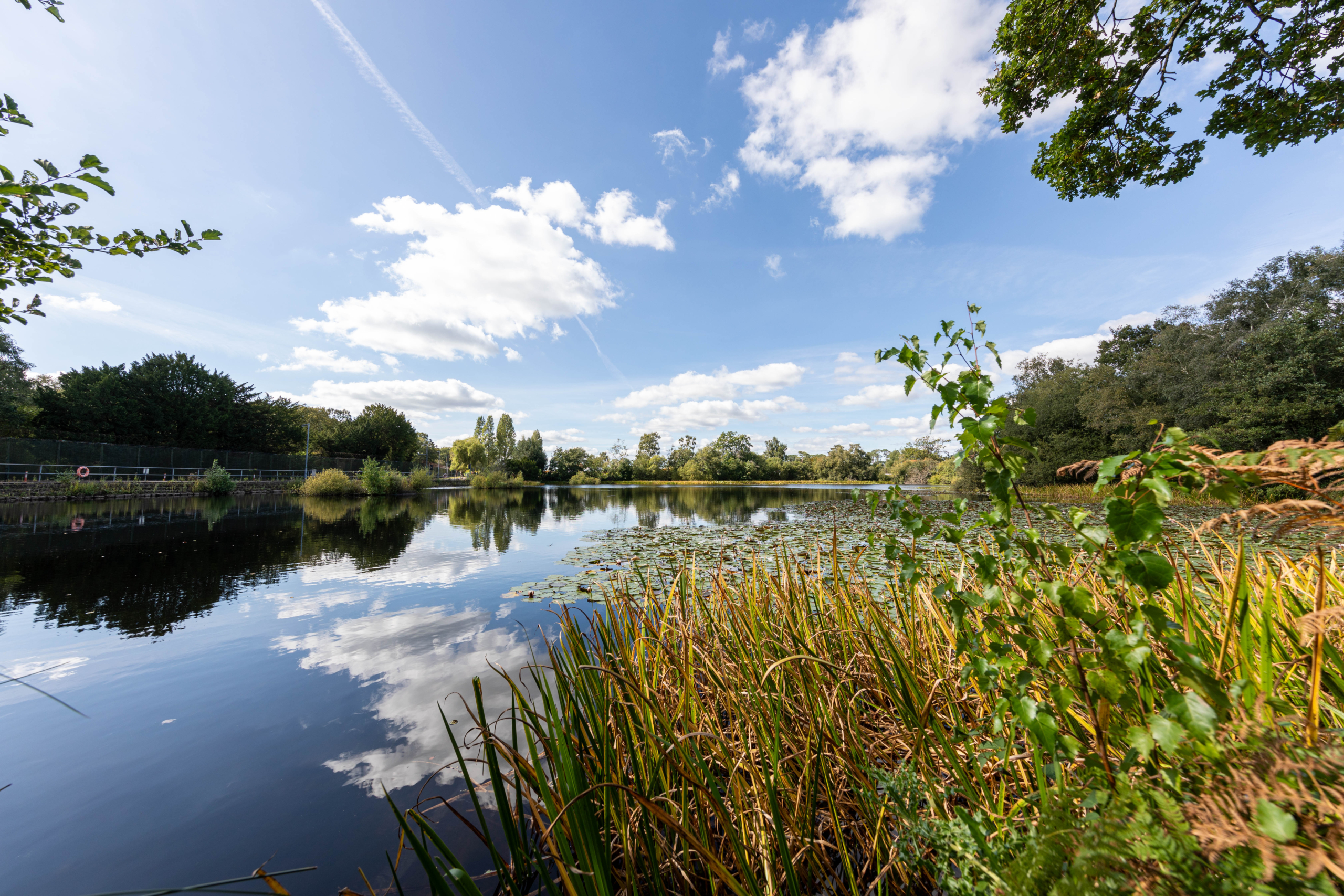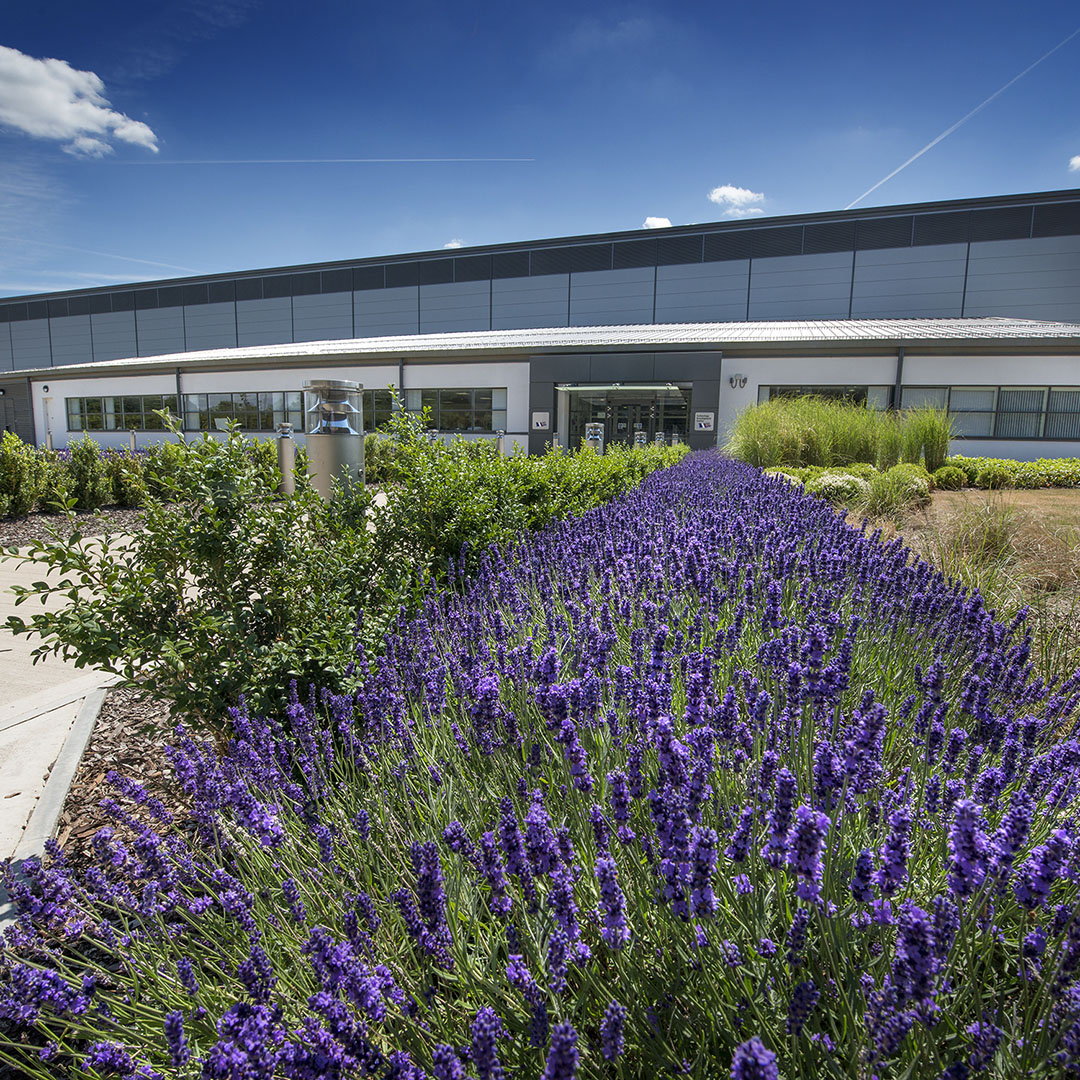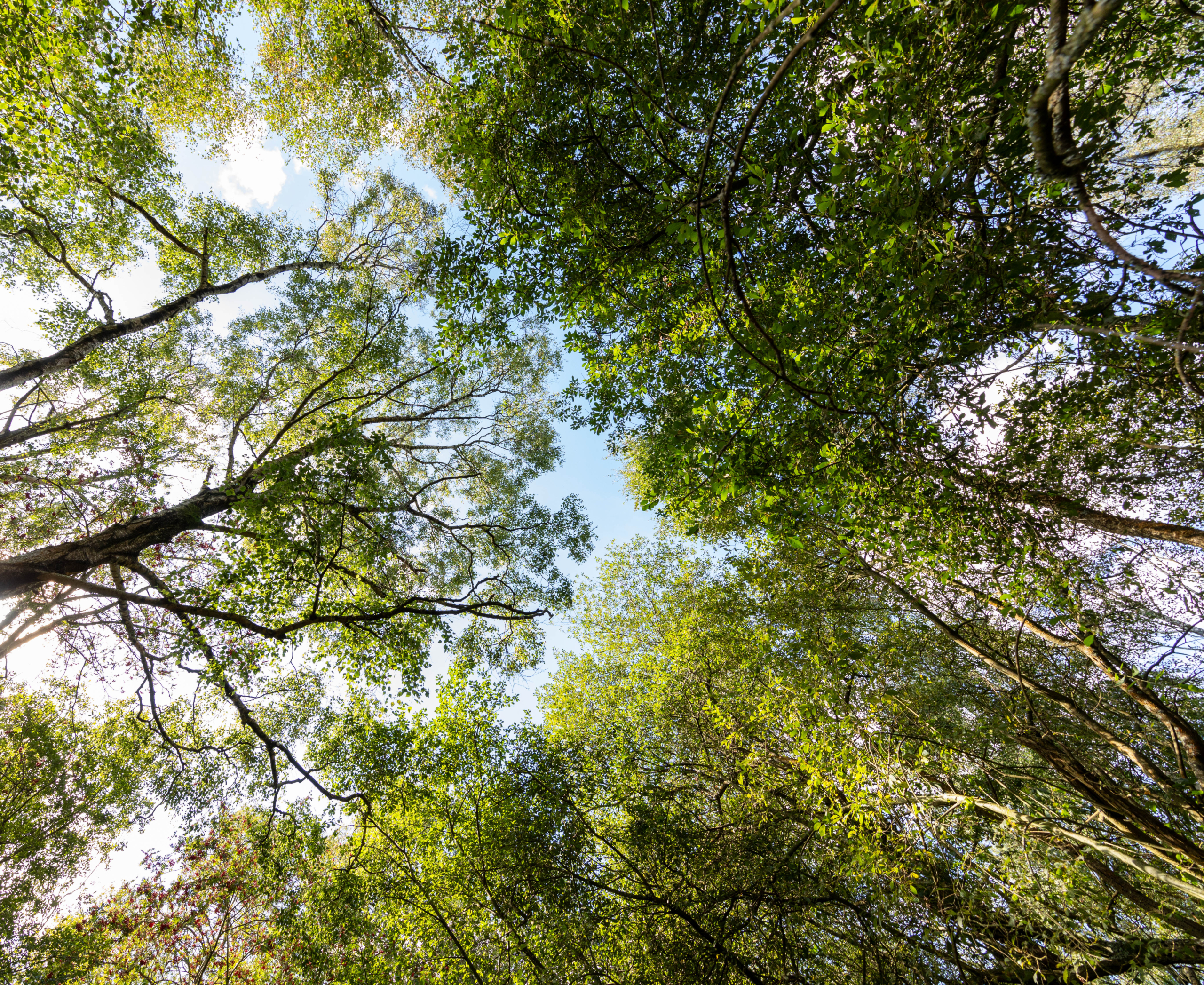Climate change is the most urgent environmental challenge of our time. Every business has a role to play in tackling this threat and AWE is taking definitive action.
We are harnessing our scientific and technological expertise to reduce negative impacts, research green innovation ideas and deliver clean growth.
AWE has, alongside Government policy, established carbon reduction targets of contributing to reaching Net Zero by 2050, and begun working to an Environmental, Social, and Governance (ESG) model across the company.
Read our full ESG report here.

Carbon reduction
We have developed science-based targets to ensure our carbon reductions are in line with the goals of the 2015 Paris Agreement.
Enhancing biodiversity
We aim to positively manage our natural capital and cultural heritage, to maximise the benefit for current and future generations.


Circular economy
We plan to reduce AWE’s resource footprint further by managing and conserving scarce and non-renewable resources, minimising waste production and reusing and recycling all controlled waste.
International standards
AWE’s commitment to continuing environmental improvement is demonstrated by our ongoing certification to the internationally recognised standard ISO 14001: 2015 Environmental Management Systems. A copy of AWE’s certificate can be found here. This certificate covers the sites of Aldermaston, Burghfield and Blacknest.


Environment and sustainability policy statement
Outstanding environmental performance is central to AWE’s mission to “design and manufacture warheads and provide nuclear services that meet the needs of defence”.
